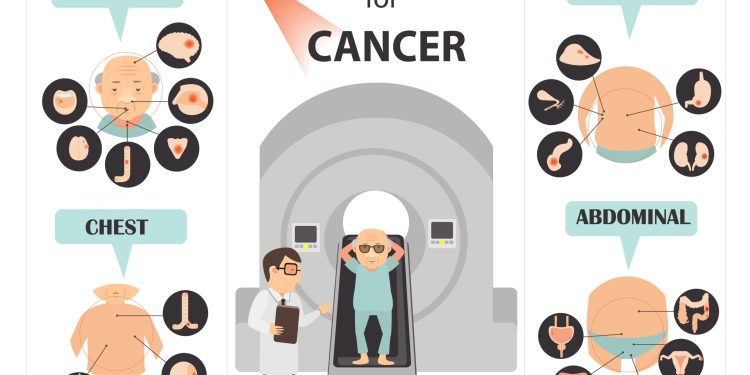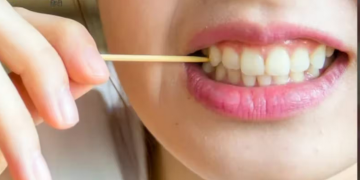Radiation therapy is combined with chemotherapy as the treatment modality for many cancers. Experts like Oncologists in Islamabad recommend radiation therapy as part of the cancer curing regimen, and determine the duration and intensity of radiation. As with all forms of medication, radiation therapy also has some side effects. Read on to know more about these side effects:
Why does radiation therapy cause side effects?
Radiation therapy uses high-energy waves to kill the cancerous cells. The goal of therapy is to destroy these tumors and decrease their size. Often, radiation therapy is used along with surgery and chemotherapy for completely ridding the body of cancer.
Radiation therapy has side effects because the high-energy waves that kill cancerous cells also effect the normal cells of the body. With advances in research, radiation therapy has been made more precise to reduce the side effects on the nearby tissues.
The side-effects from radiation therapy are not uniform in all individuals. Some people experience more side-effects while others experience none. These side-effects can take weeks to develop; commonly, they are observed around the second or third week of treatment and can last up to several weeks or for life. The duration of side-effects also depends on the type and duration of radiation therapy.
What are the side effects of radiation therapy?
Some common side-effects of radiation therapy include:
- Fatigue: patients commonly report feeling tiredness and fatigue after radiation therapy. Cancer and its treatment are not only taxing physically, but also emotionally. Thus, for most people undergoing radiation therapy stress and fatigue are often seen in the beginning of treatment. Sadly, this fatigue only gets worse as the treatment progresses. An important part of cancer care is management of this fatigue. This fatigue is unique in that it doesn’t get better with rest, and lasts a long time. Most patients have trouble in completing activities of daily living once radiation therapy is started.
- Hair loss: thinning of hair is a common issue after starting radiation therapy—in the region of therapy. For instance, if the head is undergoing radiation therapy, expect to see baldness and even loss of eyebrows and lashes. Many times, the hair loss is reversible, though the texture of the new hair can be different. For hair loss on the head secondary to radiation therapy, there can be tenderness on the scalp; thus, for the duration of therapy, scalp must be protected from the sun through a hat or scarf.
- Brain problems: for those receiving radiation therapy for brain tumors, central side effects are seen. These adverse effects can appear immediately or even years after treatment. Your healthcare provider will guide you about what to expect once you start radiation therapy. The short-term side effect for brain radiation therapy include: nausea, vomiting, extreme fatigue, skin changes on the scalp, seizures, hearing loss and trouble with memory.
- Decreased blood counts: cell count is adversely affected once radiation therapy is started. If the blood counts drop drastically, treatment may be halted, temporarily. The chances of cell count dropping are higher if concurrent chemotherapy is ongoing.
- Skin problems: in the region of radiation therapy, the skin is often inflamed, blistered and irritated. After a period of time, this inflamed skin turns into itchy and flaky skin. This is referred to as radiation dermatitis. If radiation dermatitis sets in, it’s important to take care of the skin with measures like: wearing soft, loose clothing, avoiding the use of cold or hot pads and protecting the skin from the sun.
How to deal with the side effects of radiation therapy?
Your healthcare provider like an Oncologist in Karachi can help you deal with the side-effects of radiation therapy. The care for such side effects is called supportive or palliative care and the cancer healthcare teams know when to start palliative care after radiation therapy is initiated.
















